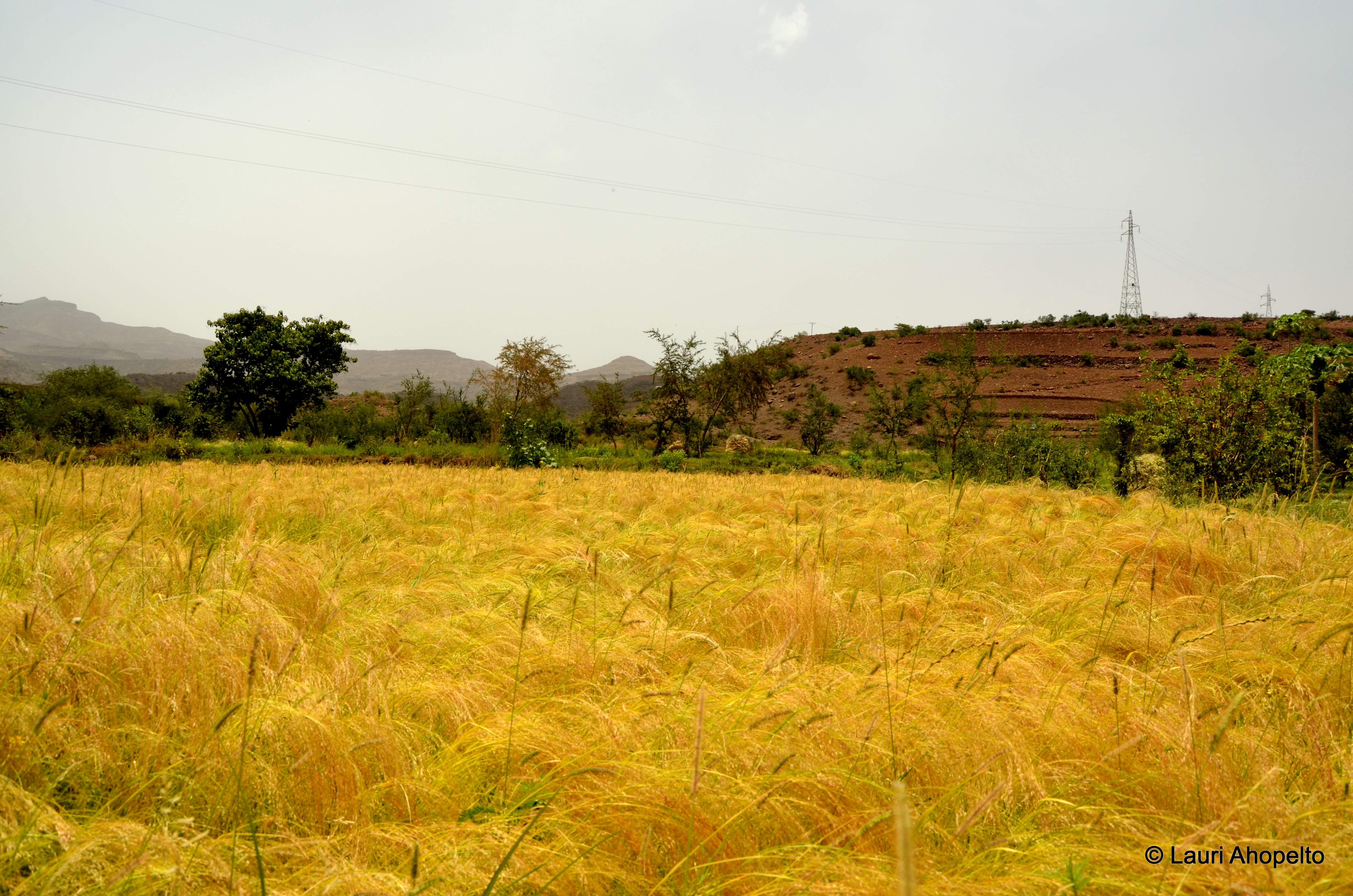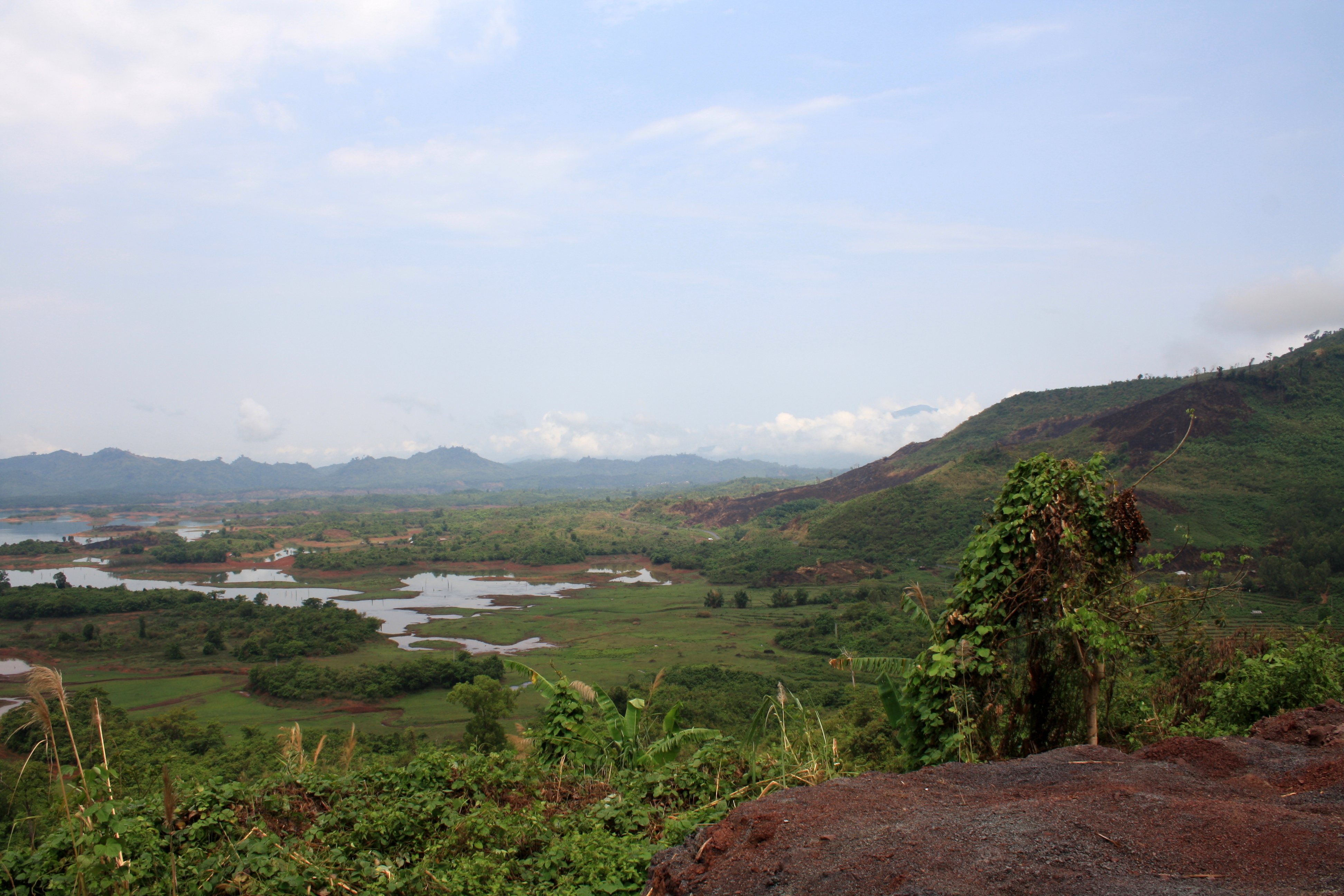
A newly published study highlights the impacts of green water variability on global crop yields
Water consumed by farming comes from either rainfall or irrigation. The water from rainfall is called green water, and it accounts for around 90% of global agricultural water use. In many regions, for example in Africa (see earlier WDRG blog post about rainfall changes in Sahel), rain stored in the soil is the only source of water for agriculture. In these areas, green water is vital for food production and people’s livelihoods.
In a recent paper, lead by Edoardo Borgomeo, published in Environmental Research Letters, researchers from University of Oxford, Stanford University, Habib University, University of Massachusetts Amherst, Aalto University and the World Bank study how rainfed maize, wheat, soybean and rice yields are affected by green water variations globally.
The study shows that, globally drier conditions reduce yields, while wet conditions tend to lead in yield increases. Globally, the patterns are similar across all inspected crop types, however, the magnitude of the impacts varies between crops, maize and wheat showing the largest sensitivity. While the fact that dry conditions reduce yields seems like an obvious intuition, this study for the first time puts numbers and statistics behind it.
The sensitivity also varies with location, and the impacts green water anomalies are larger in arid and semi-arid regions. This means that in climatologically drier regions, green water variations have a stronger influence on crop yields.
Interestingly, the yield improvements observed for wet conditions, are reversed in humid regions. In humid regions, very wet conditions, i.e. in a water-logging situation, lower yields are observed for rice, soybean, and wheat.
The findings highlight that green water is imperative for global food production, and that improved green water management (e.g. use of cover crops, no-till systems, terraces) can contribute to making rainfed crop production more stable and hence enhance agricultural resilience to climate variations.
Matias Heino is a doctoral researcher in WDRG studying the susceptibility of global food production to climate shocks


